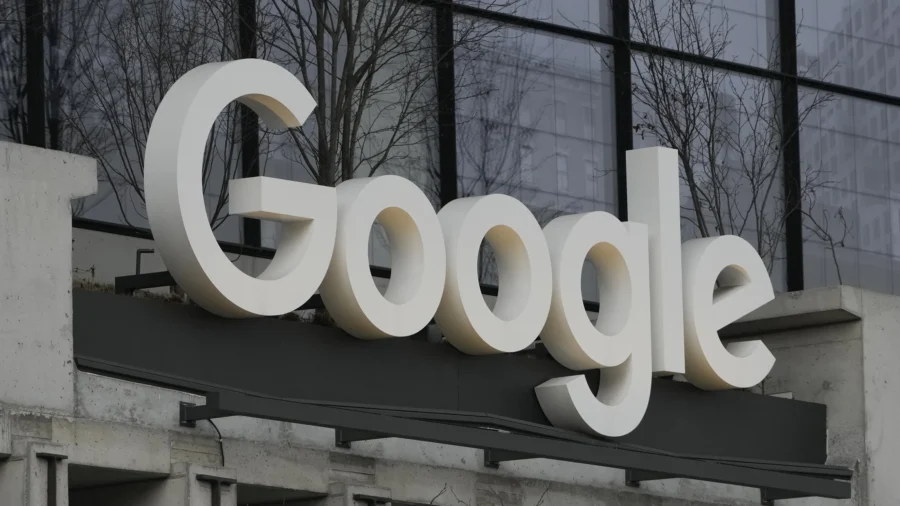Google has preemptively paid damages to the U.S. government in a rare move to avoid a jury trial. The company is facing an antitrust lawsuit by the Justice Department over its digital advertising business.
While Google has disclosed the payment itself, it has not revealed the amount. In last week’s court filing, the company stated that the case should be subject to a direct hearing and ruling by a judge and argued that without a claim for monetary damages, the government is subsequently not entitled to a jury trial.
The Justice Department, meanwhile, has not offered any comment on the filing, nor did it confirm whether it will accept the payment offered by Google.
Google said that its check is sufficient to cover all alleged overcharges for online ads and asserted it’s enough to bypass a jury trial, irrespective of the government’s acceptance of the check.
In last year’s filing, which the Justice Department initiated with Virginia and other states, Google is facing allegations of stifling competition for its advertising technology. According to the government, this should result in Google being forced to sell its ad manager suite.
Google denied these allegations and issued a statement accusing the Justice Department of “manufacturing a damages claim at the last minute in an attempt to secure a jury trial.”
The company further said the government has claimed the case as “highly technical” and “outside the everyday knowledge of most prospective jurors.”
A hearing before a judge to consider the question is scheduled for June 21 in Alexandria, Virginia, federal court, by which time the Justice Department will have a chance to respond to Google’s arguments. As it stands, the trial is set to begin in September before a jury.
In a statement to Reuters, Stanford Law School’s Mark Lemley said he was skeptical of a successful outcome for Google on the matter, adding that a jury could ultimately overrule Google’s offer for damages, resulting in a higher amount to be paid.
“Antitrust cases regularly go to juries. I think it is a sign that Google is worried about what a jury will do. That may reflect the weakness of its case, but it may also reflect fears that tech companies are quite unpopular right now,” Mr. Lemley said.
Mr. Lemley confirmed this statement to NTD and added:
“I haven’t seen anyone take Google’s approach before. I am skeptical it will succeed. It is not normally the case that you can moot a case by cutting a check for the alleged damages. Among other things, a jury might find that the damages exceed that number. More important, the central question is not just whether damages are at issue but whether the issue in the case is legal or equitable, and antitrust cases regularly go to juries.”
But according to some others, including legal scholar Herbert Hovenkamp of the University of Pennsylvania’s law school, Google exhibited a “smart move.”
“Juries are bad at deciding technical cases, and further they do not have the authority to order a breakup,” he wrote in a post on X.
According to a 2016 Supreme Court ruling, a class-action claim cannot be mitigated by a mere offer for “complete relief.”
Google, however, argued that its scenario does not apply in this case because it submitted an actual check and did not merely propose an offer.
The company is facing two other antitrust trials, which emerged in recent months. However, only one of those involved a jury. A San Francisco jury ruled against Google in the trial, instead siding with “Fortnite” maker Epic Games, after it decided that Google illegally barred competing Android app stores and forced developers to use its payment system for in-app transactions.
The other case involved allegations against Google that it unlawfully stifled competition for web search. The court heard closing arguments this month, but a ruling has yet to take place.
NTD has contacted Google for further comment on the most recent antitrust motion but did not receive a reply before press time.
The case is United States et al v. Google LLC, U.S. District Court for the Eastern District of Virginia, No. 1:23-cv-00108-LMB-JFA.
Editor’s note: This article was updated with additional comments from Mr. Lemley.
Reuters contributed to this article.


